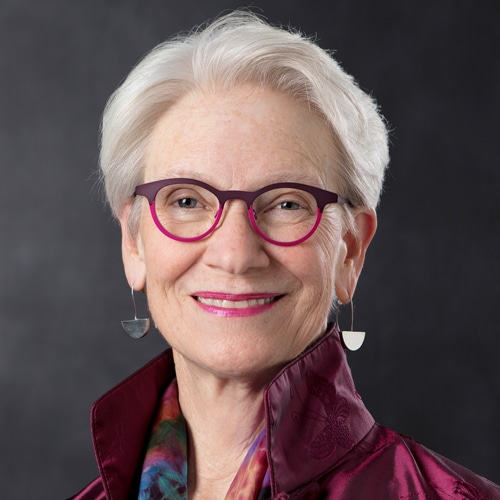There’s no getting around it. As a lawyer, you must be able to meet the gaze of everyone you speak to, and you should always make eye contact when addressing an audience. Easy to say, of course, but somewhat harder to execute.

I’ve heard lots of tricks for sustaining eye contact, including looking at someone’s forehead, necktie or hair if eye-to-eye contact makes you uncomfortable. Instead, I suggest turning to research from sports psychology to help you learn to look clients, fact-finders and colleagues in the eye. Do not use the crutch of looking past or beyond people just because eye contact feels funny. Like an athlete, you must keep your eye on the ball.
Keep Your Eyes Quiet
Just like an athlete, you may find your eyes drawn away from where you should be looking. Eye contact can trigger an adrenaline response that tricks you into feeling like you have an emergency on your hands. The initial discomfort is deeply rooted in the instinctive predator-prey response, making you look away. You break eye contact just when you should be settling into a conversational relationship. Once eye contact is broken, of course, the challenge is figuring out exactly where to look. Awkwardness ensues.
“Quiet eye” training, a term coined by Professor Joan Vickers in her research on how vision affects motor skills, helps athletes prevent their eyes from darting around when they should be looking deliberately at a ball or a goal.
- Golfers who look longer at the ball on the tee instead of constantly glancing up at the green are more accurate.
- When soccer penalty takers gaze longer at the spot they want to hit, they make more goals.
Quiet eye training is deliberate and mindful. It focuses the mind by focusing the eyes. You can do the same.
- Look deliberately at the people you talk to, resisting the impulse to look away, look at your notes or look at your PowerPoint presentation.
- Lock your gaze on the witness on the stand, the judge on the bench or the client in your office.
- Hang in there until any anxiety melts away, which it inevitably will. The first few seconds of gaze-locking may feel uncomfortable. Your heart rate will surge, then fall, and adrenaline will ebb and trickle away.
Once you have focused your eyes on another person’s, engaging is easier. You will read cues from them, such as whether they are following you, how they are feeling and what they do or don’t understand.
We all have such conversations all day long with colleagues, friends and family. Focusing your eyes in more formal situations will make you feel normal. A professional conversation will feel natural.
Tips for Speaking to Groups
When speaking to a group, focus longer on individuals. Don’t let your eyes flit around the room with little sustained focus. Find the eyes of as many listeners as you can. When teaching a CLE program, make it your goal to look at your audience 97% of the time. (I’ll give you 3% to look at your notes and check your screen, but mostly, look at your listeners.) If you have a jury in front of you, make sure you look at each of them, with sustained eye contact, over the course of your trial.
Remember also to resist looking down at your notes and continuing to speak at the same time. If you need to refer to notes, pause when you do it. Then look up and talk to people instead of to your paper or a computer screen.
And when you look, gaze like an athlete. Look longer. Keep your eyes quiet.
Photo by Justin Veenema on Unsplash
















